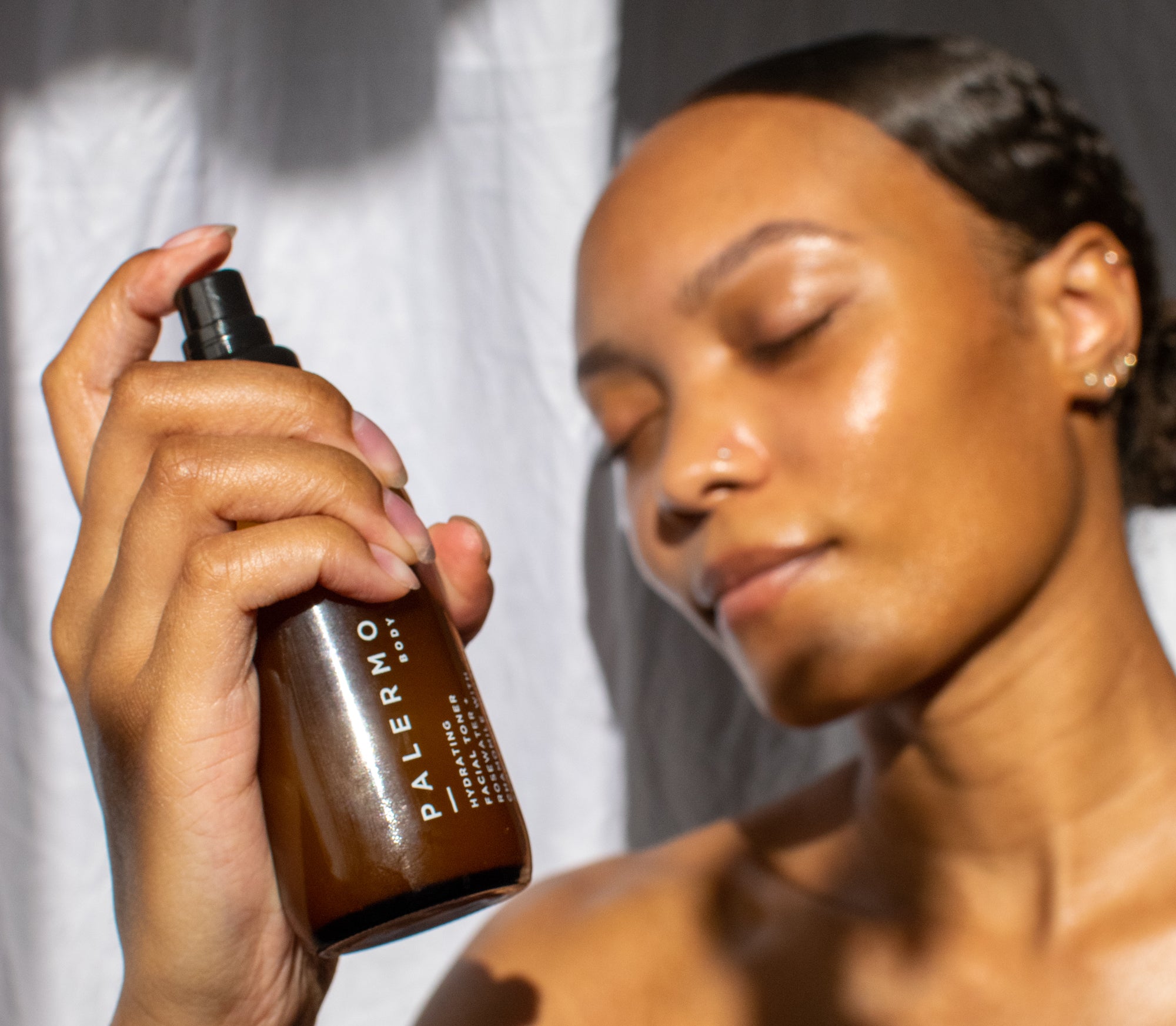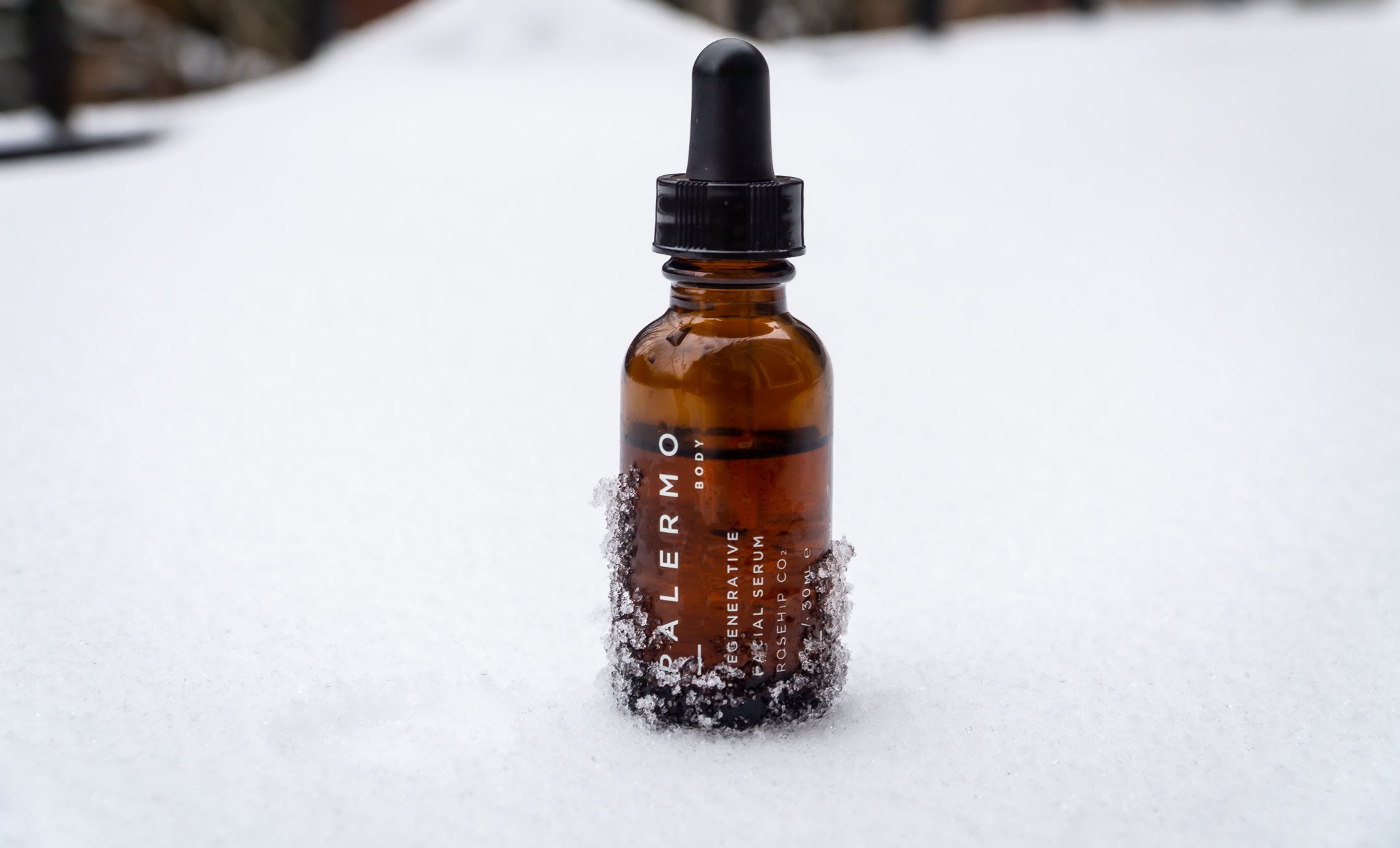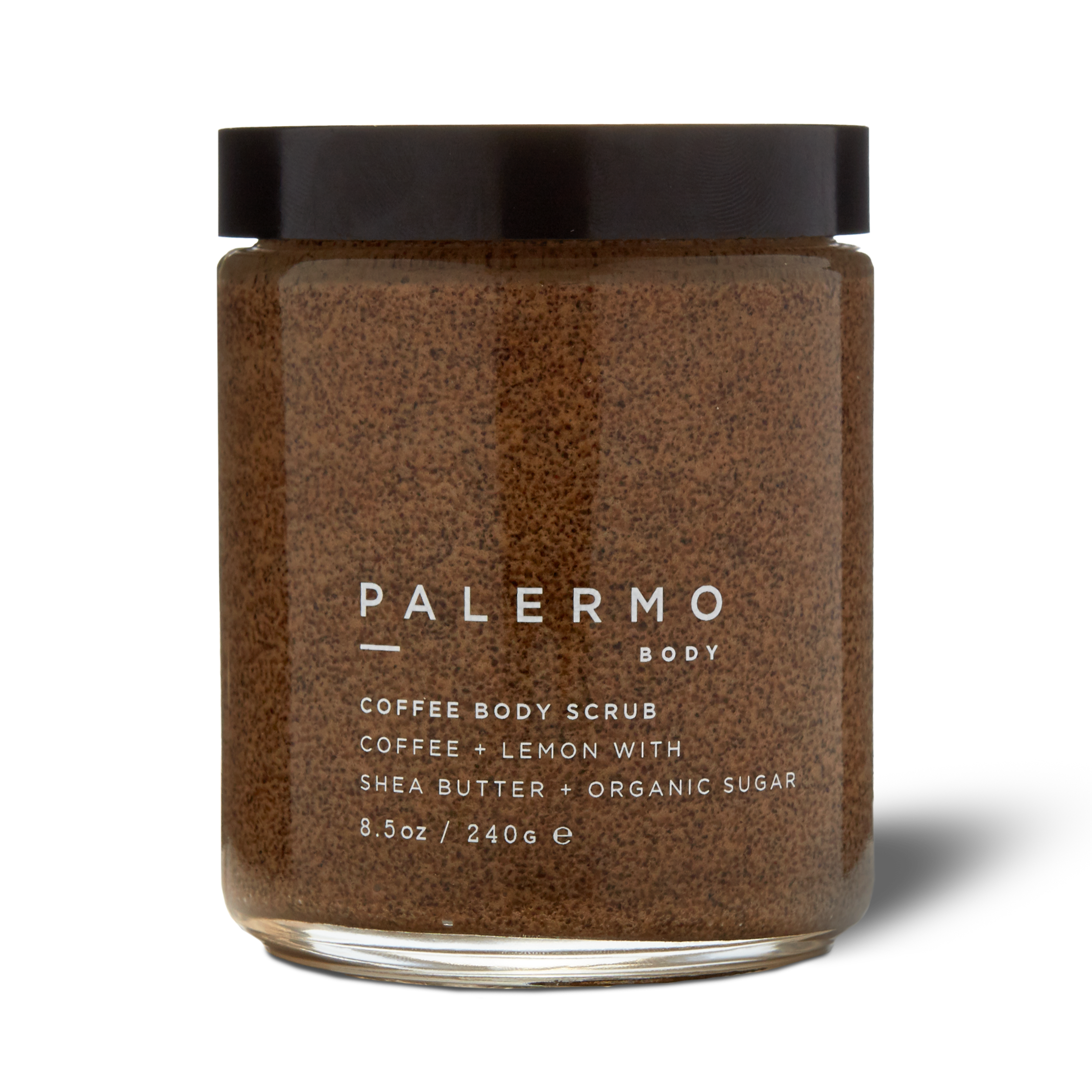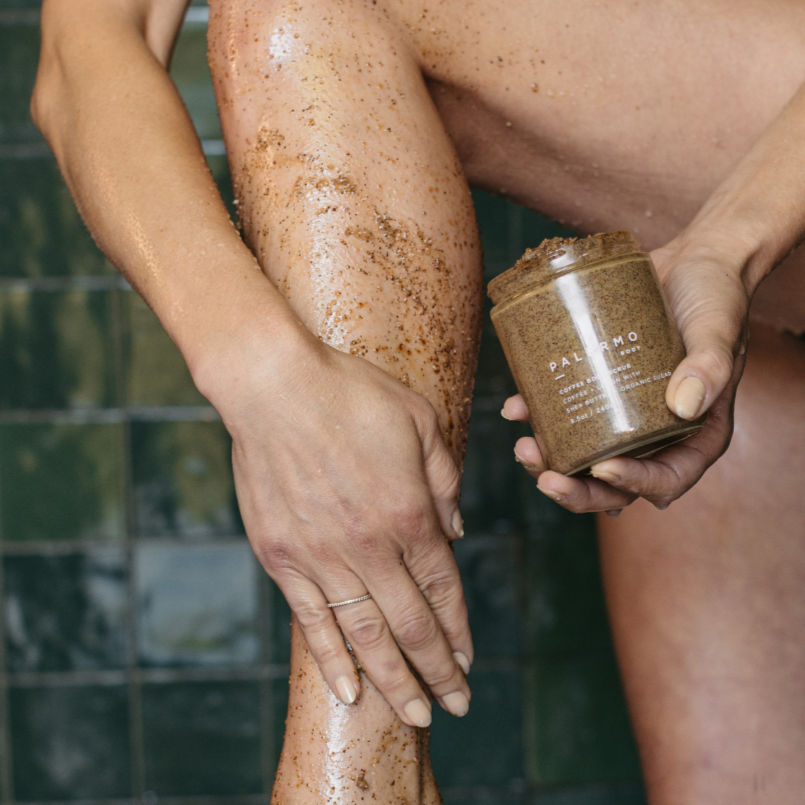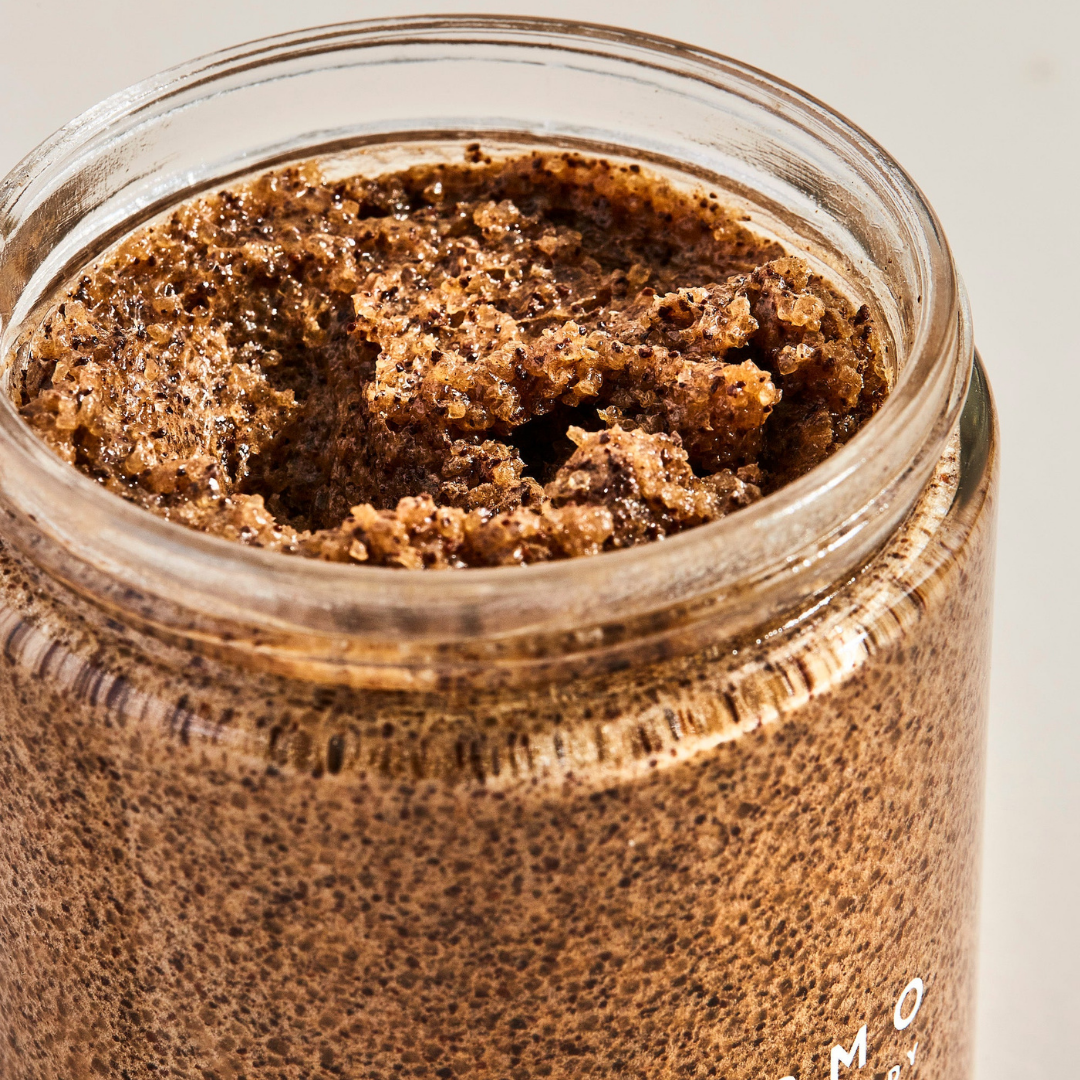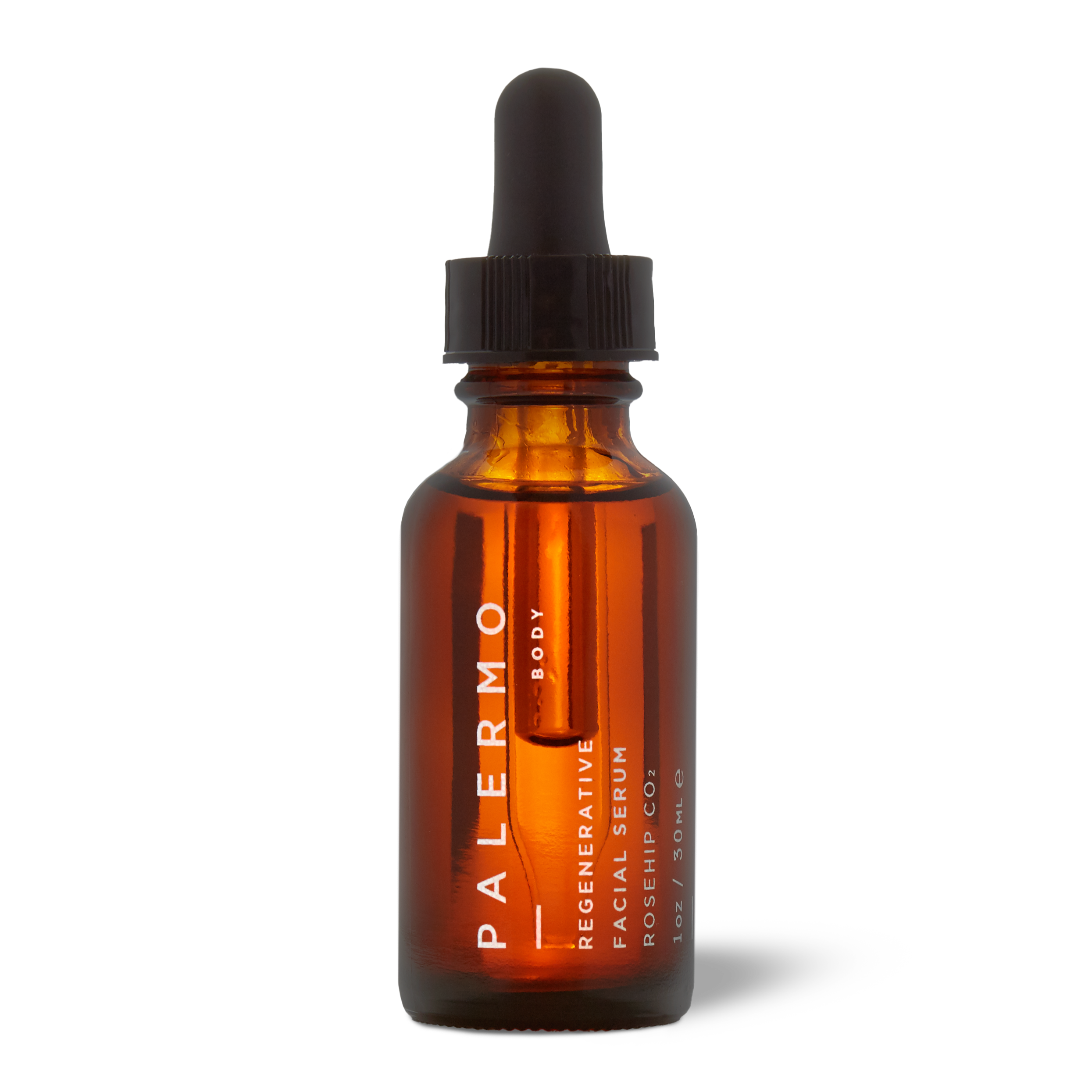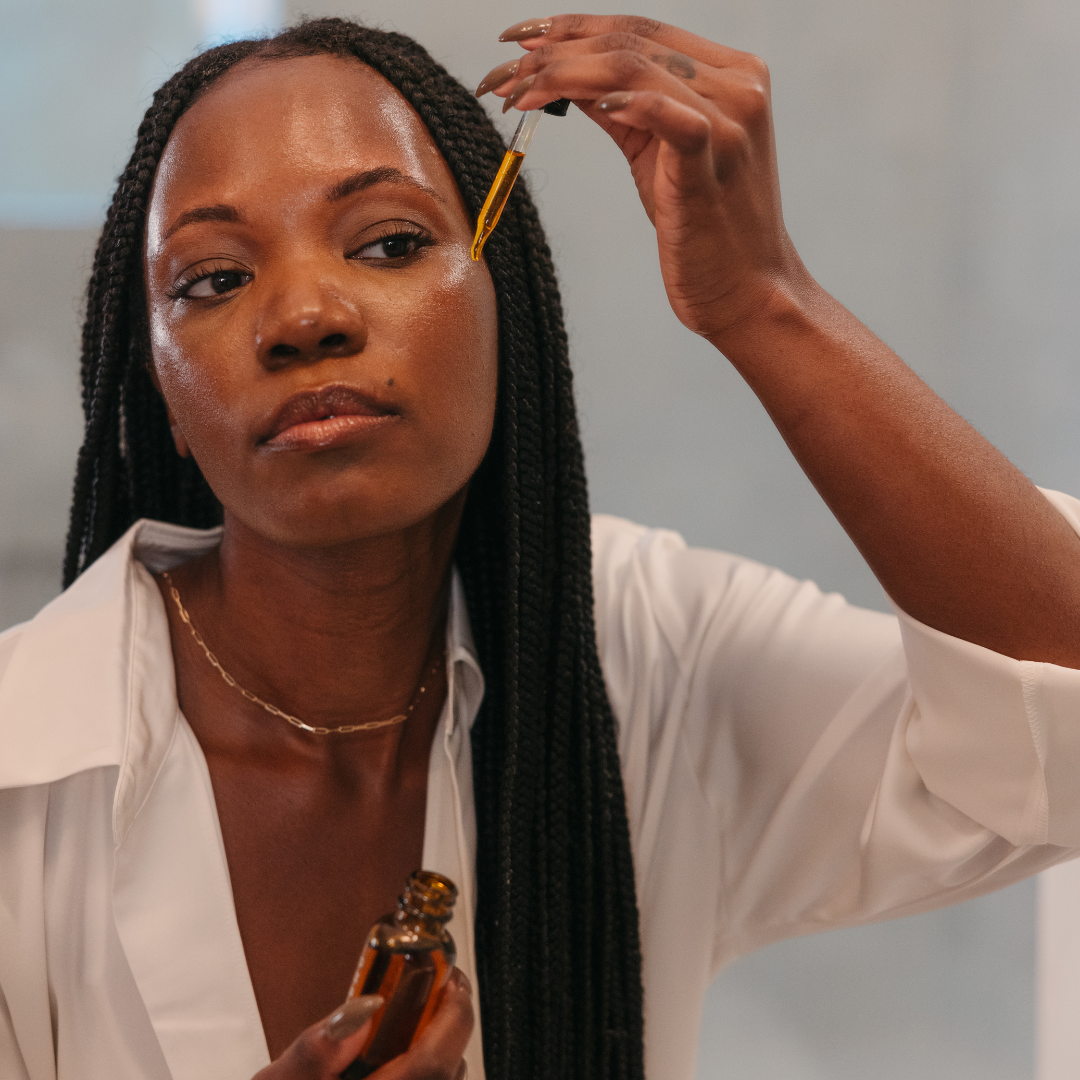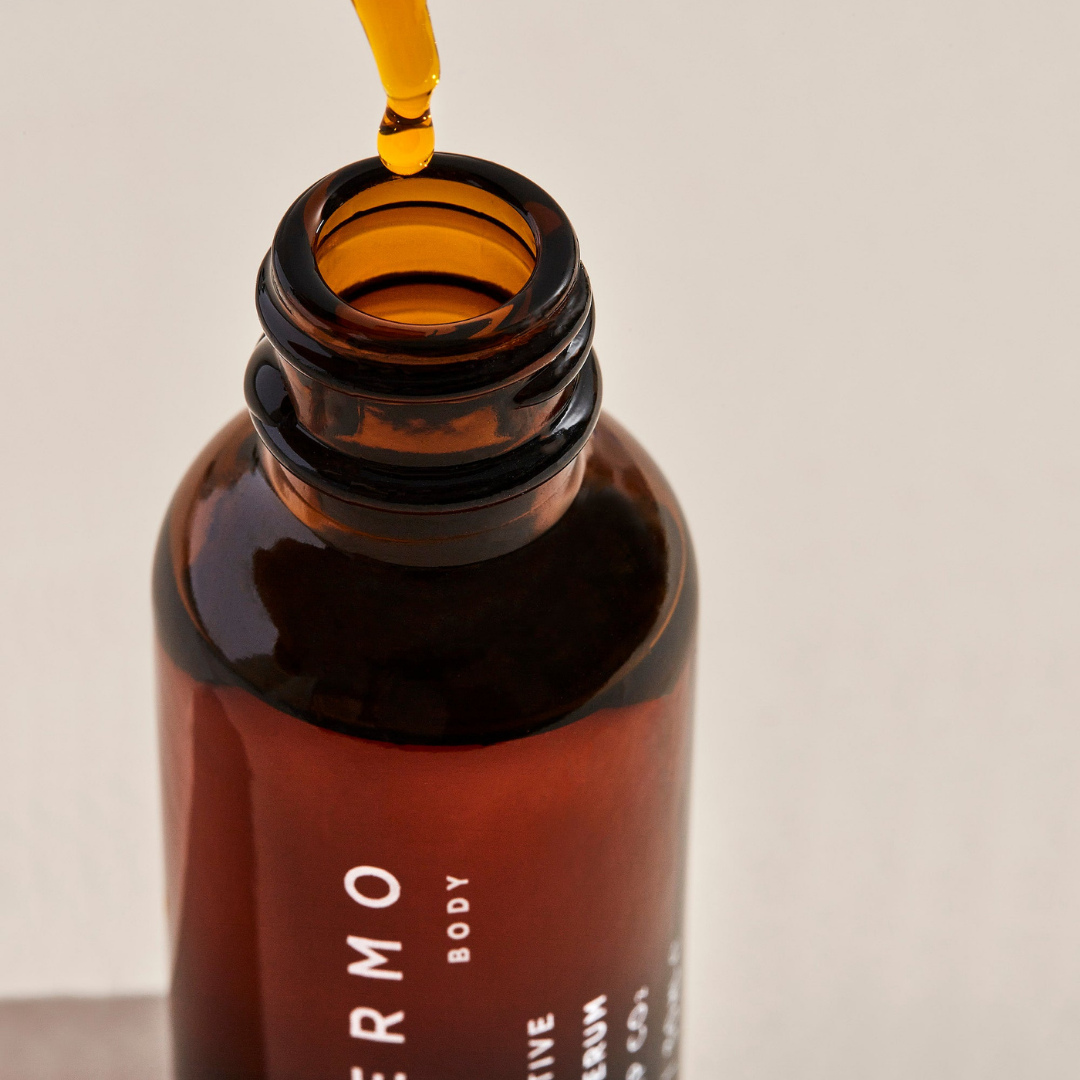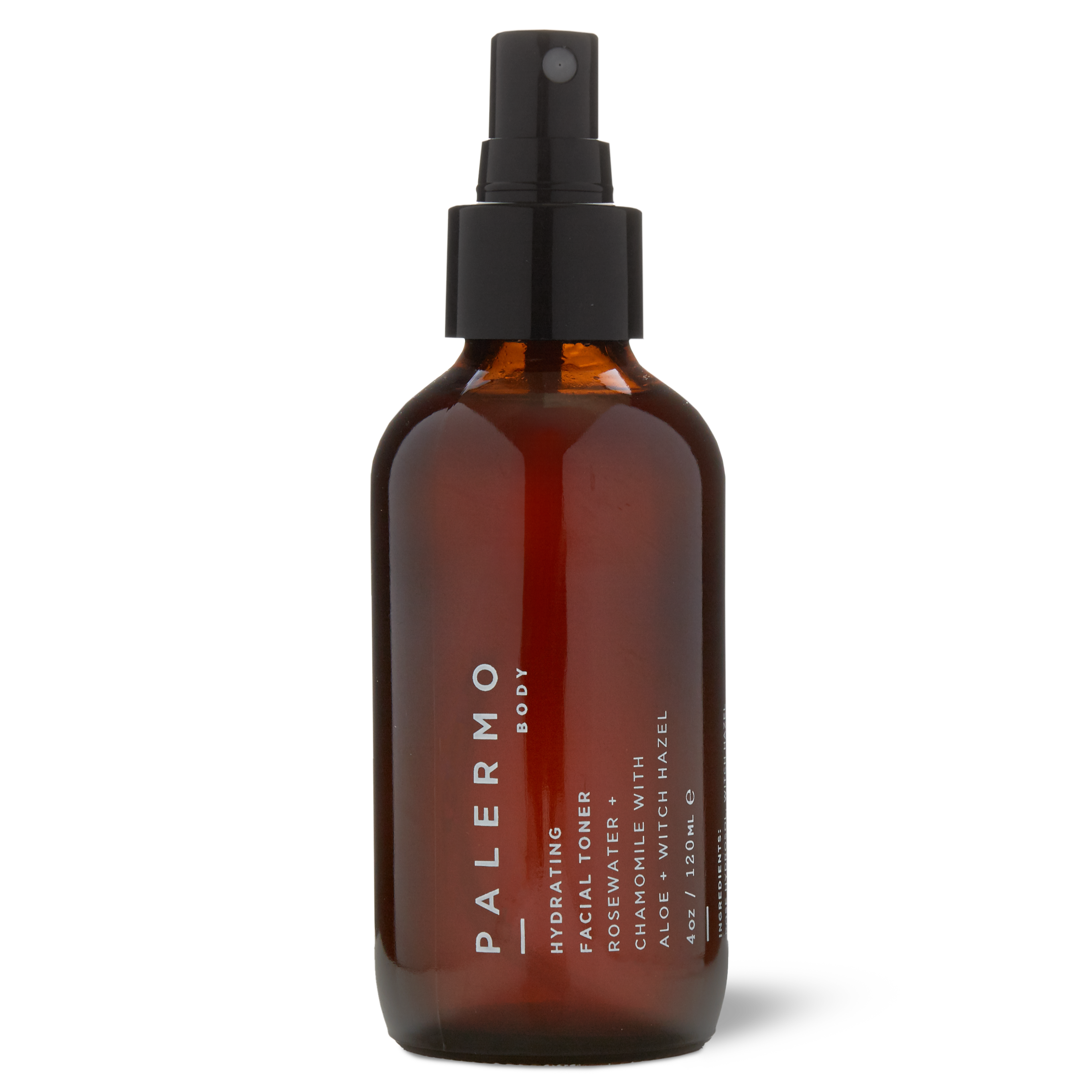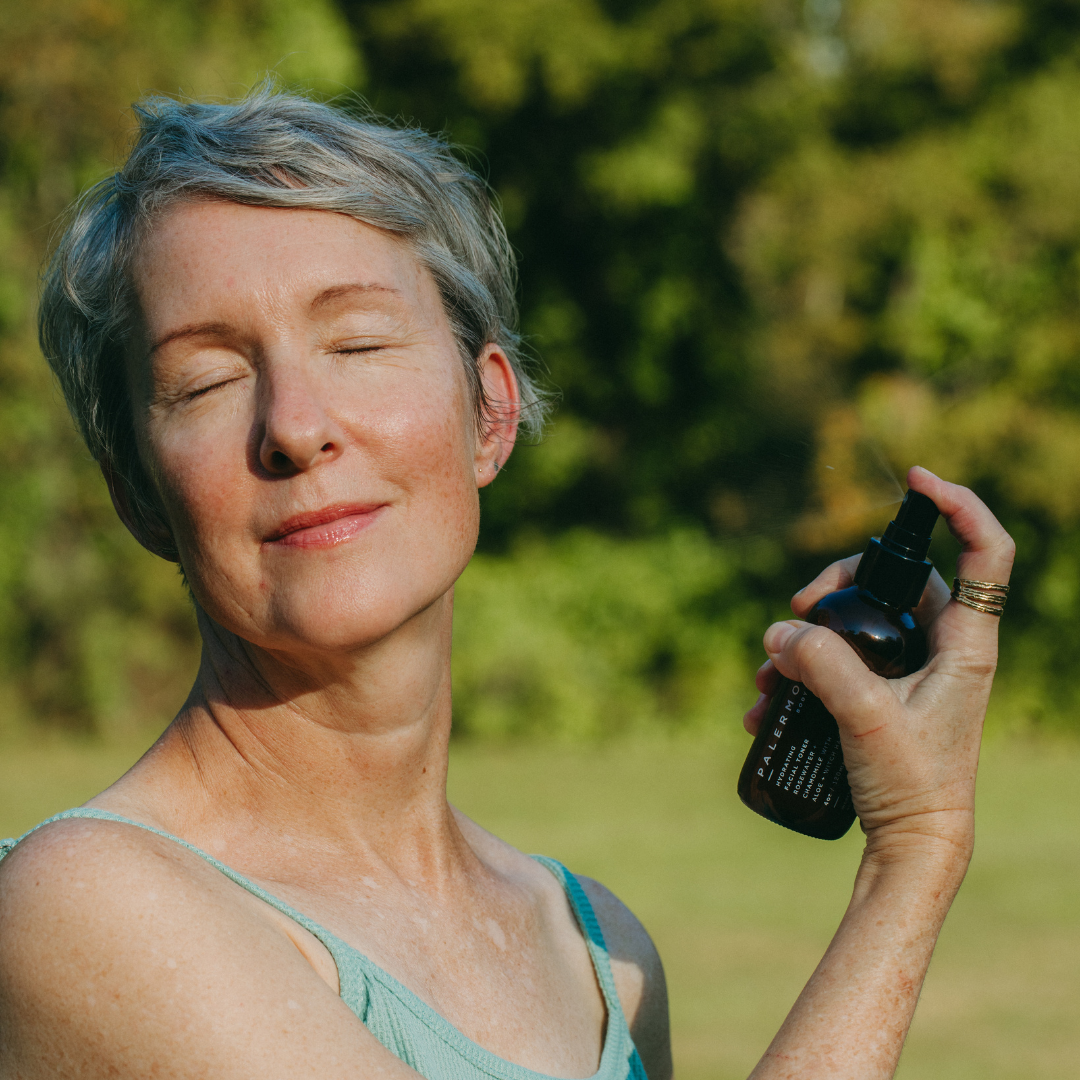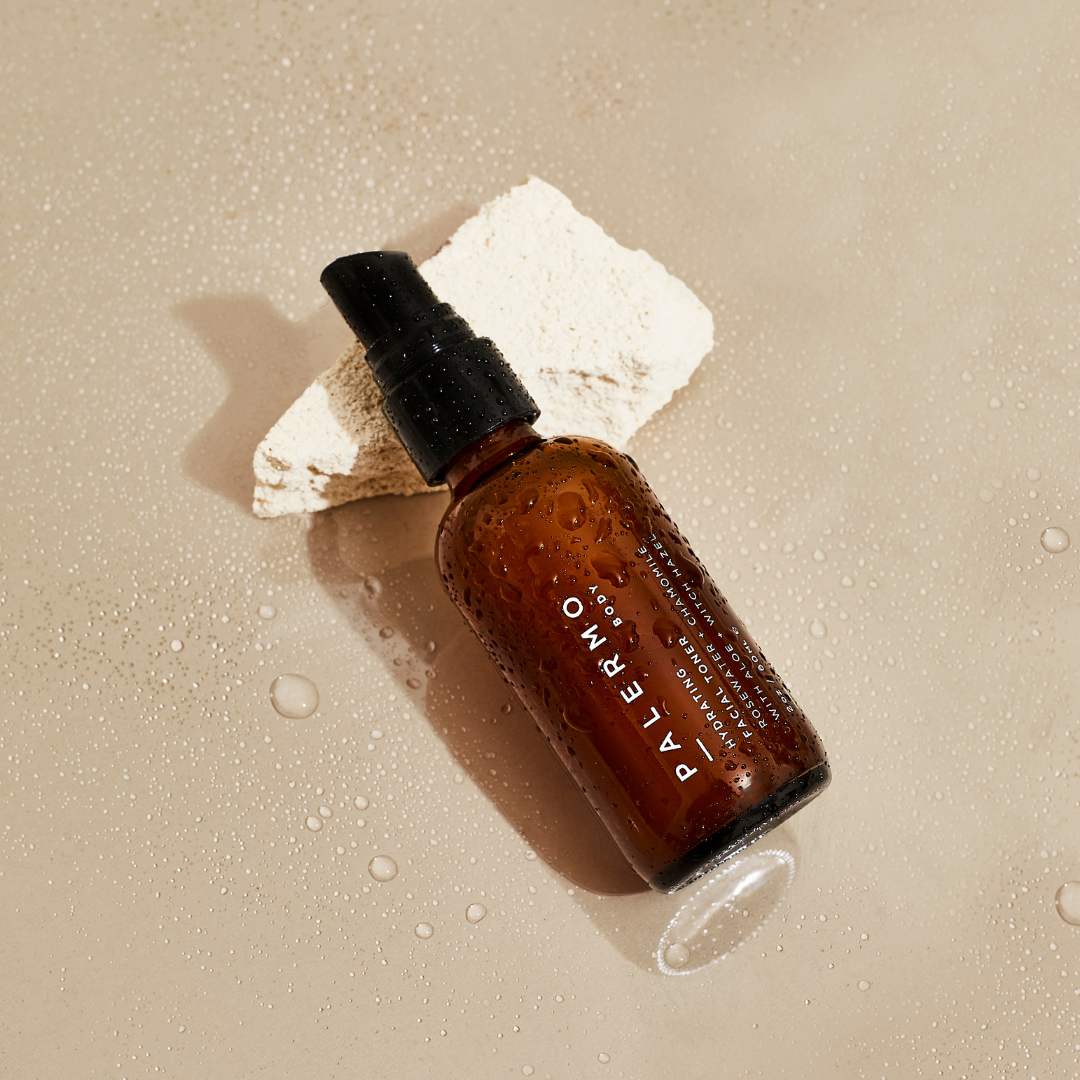Chances are you’re well aware of what essential oils are and maybe you’re big fans (like us) and with good reason! They’re amazing when it comes to all natural skincare and they can do wonders for your mood and overall mental wellness, but are you familiar with how essential oils are made? We think it’s quite an interesting process so in this week's Deep Dive we dove deep into the fragrant world of essential oils—because surprisingly there’s more to them that meets the eye! We started off with the basics (as well as the not-so-basics) so keep scrolling and get ready to become an essential oil pro.

Image source hemingwayandhepburn
What Is An Essential Oil?
First things first—what exactly is an essential oil? An essential oil is a concentrated hydrophobic (insoluble in water) liquid containing aroma compounds from plants. Sounds fancy, we know. There are also tons of essential oils to choose from that come from a variety of different plants which are typically used in either aromatherapy, alternative medicine (by experienced practitioners) or natural skincare like our products here at Palermo Body.
It's important to note that essential oils are not the same as extracts, absolutes. Confused? Let us explain. Often times extracts, absolutes are referred to as essential oils, but technically that isn’t the case even though in some cases their use may be similar. In order for a substance to be an essential oil, it must be extracted through “distillation with either water, steam or by mechanical processing.* Absolutes and extract are derived from the natural source in a different way (which we’ll explain later) and even though the have a multitude of uses and benefits they’re not essential oils.
How Are Essential Oils Made?
The methods of extraction are fairly simple. For starters, there are two types of extracting methods. One process is called distillation which uses steam to extract the essential oil and produces hydrosols as a byproduct. Fun Fact: We use numerous hydrosols in our Hydrating Facial Toner. The second is called expressions which are only used to produce citrus oils. We’ll be focusing more on the distillation process since it’s the most common out of the two.

Image Source newdirectionsaromatics
STEP 1: Before the distillation process begins, some plants must be prepped (such as crushed/opened) before starting so the steam can get through because the most potent essences are sometimes stored deeper within a plant.*
STEP 2: After the plant is prepped, the distillation process begins. Now, there are a few different types of distillation process’ explained below.
Water Distillation: This is when the plant comes into direct contact with the water and is usually used with more delicate plants, such as flowers.*
Water and Steam Distillation: This is when the plant is placed on a grate above water while the steam is introduced from the outside and the essential oil is extracted through the indirect steam.*
Steam Distillation: This is the most common method and it’s when steam is injected into a large chamber with the plant, usually at a slightly higher pressure and temperature, in order to extract the essential oil.*
STEP 3: The essential oil is then captured in the steam which then rises into another chamber called the condenser which cools the steam and oil vapors. That then travels into another chamber called the separator which separates the oil from the water byproduct, also known as hydrosol—and ta-dah you got yourself some essential oil!*
Other Methods of Extraction
A few other methods of extraction include enfleurage; which produces absolutes, solvent extraction; which produces absolutes and resins, and CO2 extraction; which produces CO2 extracts.
Enfleurage: This method is usually used for flowers and focuses on a cold-fat extraction process that is based on the principle that fat is highly capable of absorption. The final product is known as an enfleurage, or an absolute and has a very potent aroma.*
Solvent Extraction: This form of extraction creates an absolute and is typically used on very fragile plants. This method will use a solvent extraction as the solvent, such as petroleum ether, methanol, ethanol or hexane which extracts the lipophilic (aka fat or in this case, essential oil) material from the plant. Most of the solvent is no longer present in the finished product, although there can be trace amounts of leftover that are considered generally safe for all uses.*
CO2 Supercritical Extraction: This form of extraction makes a CO2 extraction. This method is relatively new and is based on the concept that CO2, when under enough pressure, will turn into a liquid that can then be used as an inert liquid solvent. The liquid solvent is then able to extract its aromatic constituents of the plant, thus extracting the oil.* We write more about this process here in our Deep Dive on Rosehip oil, and Rosehip CO2 is the star ingredient in our best selling Regenerative Facial Serum.

How To Use Essential Oils
For a more in-depth guides on ingredients keep your eyes peeled for future posts here on The Supercritical! Have questions? Leave them in the comments, we'd love to hear from you!
Sources *NY Institute of Aromatherapy: The Basics of Essential Oils

